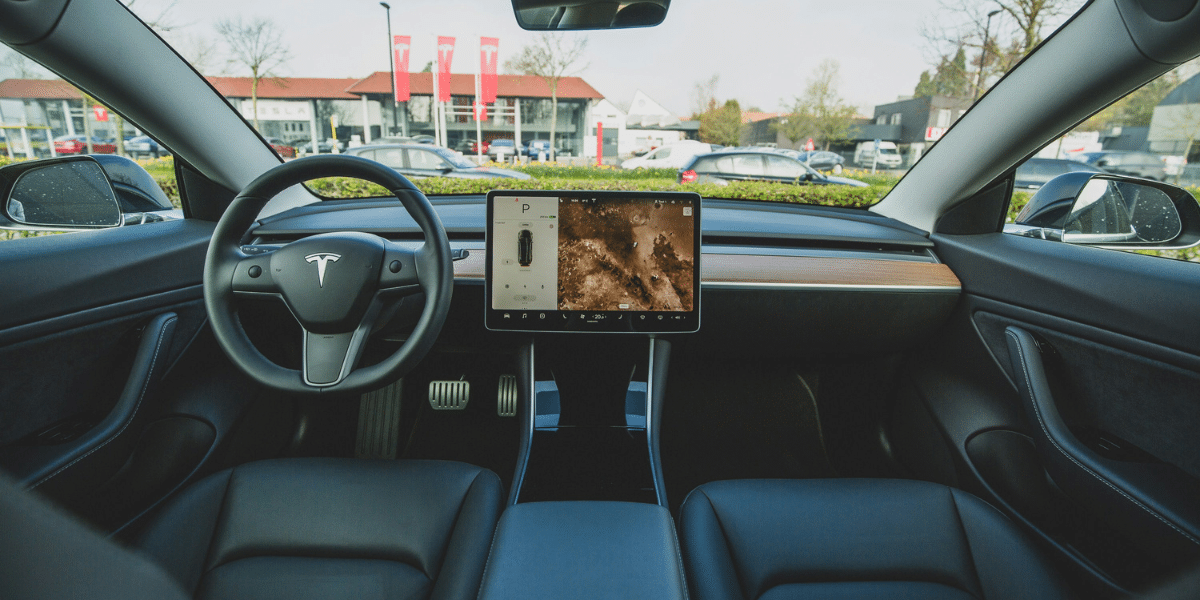Image commercially licensed from DepositPhotos
In an age where digital transformation is not just a trend but a necessity, the realm of network modernization has gained unprecedented momentum. The evolution of networking technologies is rapidly reshaping how businesses and individuals connect and communicate, heralding a new era of digital connectivity. This article covers the latest trends, strategies, and technologies in network modernization.
Network modernization is about overhauling legacy network infrastructures to accommodate the burgeoning demands of today’s digital landscape. This transformation involves the integration of advanced technologies such as 5G, Internet of Things (IoT), cloud computing, and Artificial Intelligence (AI) to create more agile, secure, and efficient networks.
Emerging Technologies: The Pillars of Modern Networks
- 5G Technology: The rollout of 5G is arguably the most significant leap in network modernization. Offering unprecedented speeds and reliability, 5G is set to revolutionize everything from mobile broadband to IoT. It enables higher data rates, reduces latency, and supports a massive number of simultaneously connected devices.
- Internet of Things (IoT): IoT’s integration into network infrastructures allows for more efficient data collection, real-time analytics, and automation. This interconnectivity of devices and sensors enhances operational efficiency and opens up new avenues for business and technological innovation.
- Cloud Computing: Cloud services are pivotal in modern network architectures. They offer scalability, flexibility, and cost-effectiveness, facilitating remote work, data storage, and computing power without requiring extensive physical infrastructures.
- Artificial Intelligence and Machine Learning: AI and ML play a crucial role in network optimization, predictive maintenance, and security. These technologies aid in analyzing network traffic patterns, predicting potential disruptions, and automating routine tasks, leading to smarter and more resilient networks.
Challenges and Strategies for Effective Modernization
While the benefits of network modernization are clear, the transition poses significant challenges. Security concerns, compatibility with legacy systems, and the need for skilled professionals are some of the hurdles that organizations face.
Jay Bock, CEO of Endeavor Managed Services, emphasizes the importance of a strategic approach: “This evolution demands not only technical adaptability but also strategic foresight. We must be proactive in embracing these changes and understanding their implications across various sectors.”
Effective strategies for network modernization include:
- Developing a Phased Implementation Plan: Rather than an overnight overhaul, a phased approach allows for smoother transition, testing, and integration of new technologies with existing systems.
- Prioritizing Security: As networks become more complex, ensuring robust security protocols is paramount. This includes the adoption of advanced cybersecurity measures and regular security audits.
- Investing in Skilled Workforce: Upskilling existing employees and attracting new talent with expertise in modern networking technologies is crucial for a successful transition.
- Partnering with Technology Providers: Collaborating with experienced vendors can provide access to the latest technologies and expert guidance throughout the modernization process.
The Road Ahead
The journey towards network modernization is an ongoing process, marked by continuous innovation and adaptation. As Jay Bock rightly points out, “We are not just upgrading our networks; we are redefining the way we connect and communicate.”
The future of networking is bright and filled with possibilities. From smart cities and automated industries to enhanced personal communication, the impact of these modernized networks will be profound and far-reaching. As we embrace this new era, the focus must remain on leveraging these advancements to create a more connected, efficient, and innovative world.
Published by: Martin De Juan






